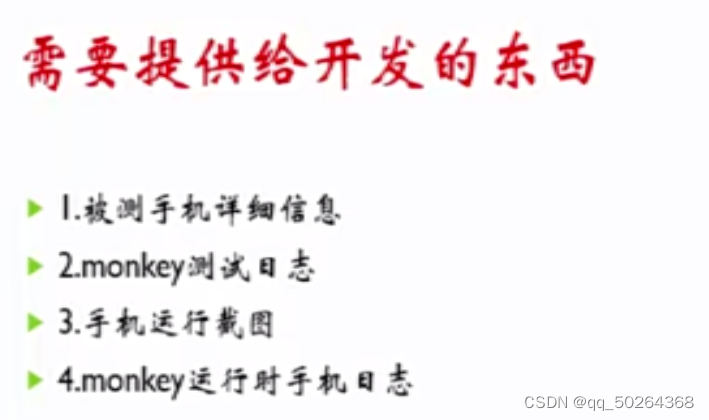Monkeys And Morality Crash Course Psychology #19

Ever wondered if monkeys have a sense of fairness? It turns out, they might just be tiny, furry moral philosophers in disguise.
The Great Grape vs. Cucumber Conspiracy
Imagine you're a monkey. You've been happily performing a simple task: handing a researcher a rock. In return, you get a yummy grape – monkey heaven!
But then, disaster strikes! Your partner, the monkey next door, starts getting *grapes* for doing the same thing! You, however, are still stuck with... a cucumber.
Yes, a cucumber! The horror! Now, cucumbers aren't exactly garbage to a monkey, but they are definitely second-tier fruit compared to the mighty grape.
The Cucumber Rejection
What happens next is where things get interesting. Faced with this injustice, many monkeys simply refuse to participate.
They might throw the cucumber back at the researcher, refuse to hand over the rock, or even stage a full-blown monkey tantrum. Clearly, they understand the concept of inequity.
It’s like showing up to work and finding out your coworker, who does the same job, suddenly gets paid twice as much. You'd be pretty miffed, right?
Beyond Grapes: A Sense of Fairness?
This experiment, famously conducted by Frans de Waal and his team, suggests that a sense of fairness might be more widespread than we thought. It's not just a human thing.
The monkeys weren’t just upset about getting less food; they were upset about getting less than someone else for the same effort. The concept of fairness is important to them.
Further experiments have shown that monkeys even react negatively when *they* receive a better reward than their partner for the same task. They understand a sense of equality.
Sharing is Caring (Sometimes)
While monkeys might throw cucumbers in protest of unfairness, they are also capable of sharing. They have a form of prosocial behavior.
Observations have shown that monkeys will sometimes share food with others, especially those they are close to.
It seems social bonds and empathy influence their behavior. It's not always a free-for-all in the monkey world.
Moral Monkeys: Implications for Us
So, what does this mean for us humans? Well, it suggests that the roots of morality – concepts like fairness, reciprocity, and empathy – might be deeply ingrained in our evolutionary history.
We aren’t born as blank slates; we seem to come pre-wired with a basic understanding of right and wrong, or at least, fair and unfair.
Maybe the next time you see a monkey at the zoo, you'll look at them a little differently. Perhaps they are contemplating the ethics of banana distribution.
And remember, even monkeys know that getting a cucumber when someone else gets a grape is simply unacceptable. Food for thought, isn't it?


















